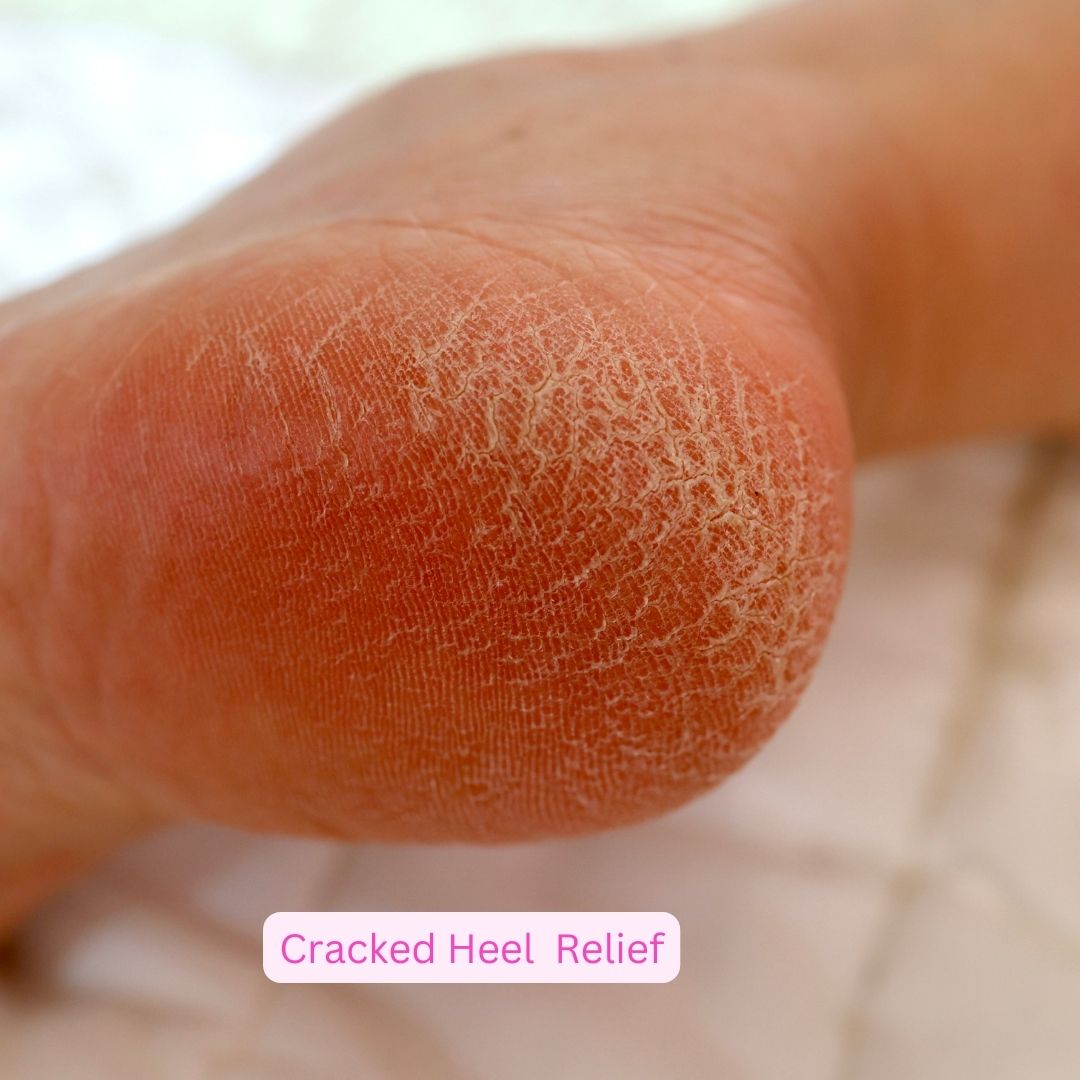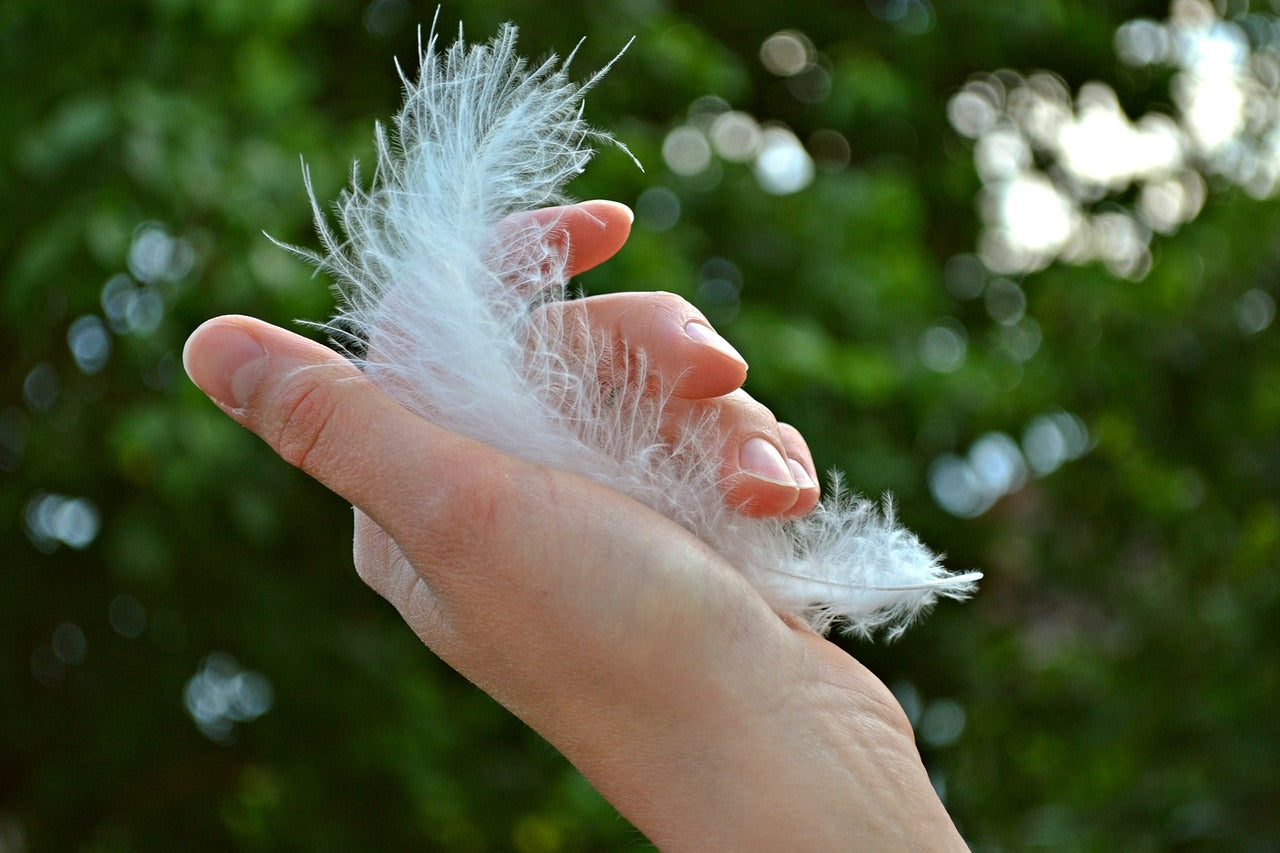Hair Loss and Rosemary Oil
Hair loss is a widespread phenomenon affecting both men and women globally, transcending cultural, regional, and racial boundaries. It manifests at various ages and to differing extents. While we often link hair loss with baldness, it's important to recognize that alopecia, its medical term, is a condition that can impact any part of the body, with the scalp being a common target. This disorder arises when the body ceases to produce hair on the skin's surface, resulting in bald patches. These patches can range from small areas to complete coverage of the entire scalp.
The average human head boasts around 100,000 hairs, though this number can fluctuate based on hair color. Blondes typically have the highest hair count, with approximately 150,000 strands, while redheads possess the fewest at 90,000 hair follicles. Individuals in warmer climates tend to experience faster hair growth, as hair thrives in higher temperatures.
Hair loss is a significant concern for both genders, and on an average day, people lose between 50 to 100 hairs. The hair growth cycle consists of four distinct phases: anagen (growth), catagen (transition), telogen (resting), and exogen (shedding). This cyclical process facilitates the evolution of hair from initial growth to final maturation, shedding old hair to make room for new growth. Disruptions to this cycle or damage to the hair follicles can lead to accelerated hair loss and slower, sparser, or nonexistent hair growth.
Typical hair growth ranges from 0.2 to 0.7 inches per month, totaling up to 5-6 inches annually. Various factors, including age, diet, health, smoking, menopause (in women), and lifestyle elements such as stress, impact the timelines of different hair growth phases. To foster healthy hair growth, adopting practices like a nutritious diet, gentle hair care, minimizing chemical exposure, and using nutrient-rich shampoos and conditioners is advisable. Ensuring an adequate intake of vitamins such as B12, Folate, C, D, and zinc, as well as iron, contributes to maintaining vibrant hair. Additionally, cultivating a calm and less stressful lifestyle positively influences overall hair health.
Hair loss is more prevalent in men, with statistics indicating that 35 million men and 21 million women in the US experience it. In a lifetime, 85% of men and 55% of women encounter some degree of hair loss. Causes for hair loss are diverse, ranging from genetic predisposition to lifestyle factors. In men, hair loss affects individuals of various ages, with nearly 25% experiencing it by age 21, 66% by age 35, and 85% by age 50. For women, the incidence is lower, with only 2-3% affected by age 30, increasing to 10% by age 50 and 30% by age 70.
Hair loss does not only impact our physical well-being but also takes a toll on our mental health. Both men and women often experience psychological effects, leading to feelings of depression, anxiety, anger, embarrassment, and diminished self-confidence. Approximately 43% of women express a desire for thicker hair, with marital problems affecting 43% and career issues affecting 63% due to alopecia. The ramifications extend to personal self-esteem, influencing both professional and romantic aspects of life. Women, in particular, attest that having beautiful hair boosts their confidence and empowerment.
For centuries, natural oils have been utilized for wound healing, promoting physical hygiene, and supporting overall well-being of the body and mind, including hair care. While extensive research has been conducted on the causes, remedies, prevention, and reversal of hair loss, there is a noticeable gap in exploring natural methods and solutions for addressing these concerns. There exists a prevalent belief that medicative approaches offer faster and superior results compared to the use of natural oils, however, this is not the case.
Interest in natural alternatives is growing, and recent studies underscore the effectiveness of natural oils in treating hair loss and stimulating hair growth. Notably, a 2015 study compared the efficacy of rosemary oil against minoxidil 2% in treating androgenetic alopecia (AGA) hair loss. Surprisingly, the study found that rosemary oil was as effective as minoxidil 2%, resulting in significant hair regrowth after six months for both groups. Furthermore, participants using rosemary oil reported less frequent scalp itching compared to those using minoxidil 2%, indicating a milder impact on the scalp. This study provided compelling evidence supporting the efficacy of rosemary oil in treating AGA.
In a 2022 study, rosemary oil, cedarwood oil, and minoxidil were compared for their efficacy in treating hair loss. The results revealed that within a span of 6 weeks, both rosemary oil and cedarwood oil demonstrated effectiveness in promoting hair growth.
A separate study focused on the potency of rosemary leaf extract, yielding positive outcomes and indicating its efficiency in addressing hair loss. It is crucial to note the variability in individual cases, as different people may experience diverse results and degrees of regrowth. While the times and speed of hair growth may vary, the study concluded that rosemary leaf extract holds promise for stimulating hair growth.
Rosemary, scientifically known as Salvia Rosmarinus or Rosmarinus officinalis, originates from the Mediterranean region. Rich in iron, calcium, and vitamin B6, rosemary finds applications in cooking, perfumery, aromatherapy, and natural medicine. Its diverse uses encompass addressing pain, anxiety, respiratory issues, and overall wellness for the body, mind, and hair. Rosemary boasts antioxidants and anti-inflammatory compounds, aids digestion, and has been linked to cognitive enhancement, memory improvement, and increased concentration.
For centuries, rosemary oil, extracts, and essential oils have been utilized topically and in aromatherapy. Rosemary essential oil contains potent compounds such as cineole, camphor, α-pinene, borneol, rosmarinic acid, rosmanol, carnosol, and carnosic acid.
Rosemary oil's effectiveness extends beyond promoting scalp and overall hair health; it offers numerous advantages for both the body and mind. Research indicates that the essential oil of rosemary possesses the ability to enhance blood circulation, foster hair growth, and prevent hair loss by halting the demise of hair follicles and ensuring an adequate blood supply. Additionally, rosemary oil aids in reducing dandruff, alleviating scalp irritation and inflammation, and contributing to overall scalp well-being. Its antimicrobial properties further assist in mitigating and repairing scalp infections, thus addressing their impact on hair loss.
In summary, while various studies have explored treatments for hair growth, no one-size-fits-all solution or guaranteed 100% success within a specific time limit has emerged. Nevertheless, insights gleaned from available research suggest that incorporating rosemary in oil, extract, or essential oil forms, whether applied topically or diffused in aromatherapy, has proven beneficial for individuals experiencing hair loss, and desiring a healthier scalp with fuller hair growth. Those seeking a natural alternative to address hair fall and hair growth are encouraged to explore natural products containing rosemary or incorporate rosemary oil and essential oil into their hair care routine.
Patience and persistence are key, according to research findings, optimal results often manifest after consistent use over a certain period of time, up to six months. In some research no result was visible before three months. One needs to have discipline to stay on course with the chosen treatment. Embracing natural alternatives and allowing sufficient time for them to work is essential, and users should be mindful of potential side effects and the need for proper dilution, especially with potent essential oils. For those unfamiliar with the side effects of essential oils, extracts, and carrier oils, consulting a healthcare or aromatherapy specialist is recommended. Keep a positive mindset throughout your journey to achieve hair growth and discover the ideal oil for your requirements. Rosemary, a natural treasure bestowed upon us by nature, offers remarkable benefits for hair care. Those exploring a fresh, natural method to combat hair loss should strongly consider incorporating rosemary into their regimen.
Mathilde B.C.
References
1 Rosemary Oil For Hair: Benefits, Side Effects & Usage Nov 24, 2023/scandinavianbiolabs.com/blogs/journal/rosemary-oil-for-hair
2 Management of alopecia areata M J Harries,1 J Sun,2 3 R Paus,1 4 L E King, BMJ 2010;341:c3671 doi: 10.1136/bmj.c367
3 Everything you need to know about rosemart. /www.medicalnewstoday.com/articles/266370
4 Rosemary Benefits: Top 6 Reasons to Add This Herb to Your Diet (+ How to Use It)By Jillian Levy, CHHC,February 13, 2021,Rosemary Benefits, Uses, Side Effects, Interactions and More - Dr. Axe (draxe.com)
5 How to Use Rosemary Oil to Strengthen and Grow Hair
The herb does way more than add flavor to food. BY SAM PETERS,, NERISHA PENROSE, NATALIA TREJO, AND WENDY SYPUBLISHED: DEC 20, 2023
5 Promotion of hair growth by Rosmarinus officinalis leaf extract Kazuya Murata 1, Kazuma Noguchi, Masato Kondo, Mariko Onishi, Naoko Watanabe, Katsumasa Okamura, Hideaki Matsuda Affiliations expand,PMID: 22517595, DOI: 10.1002/ptr.4712 pubmed.ncbi.nlm.nih.gov/22517595/
6 How to use rosemary oil for hair growth., www.medicalnewstoday.com/articles/319444#



